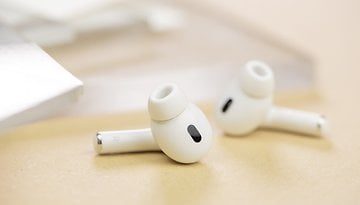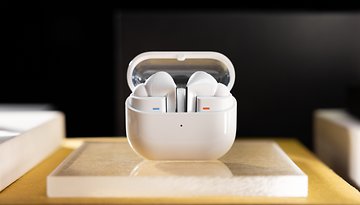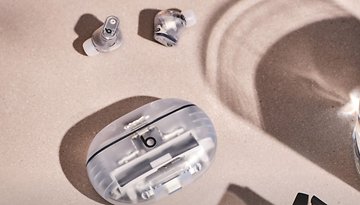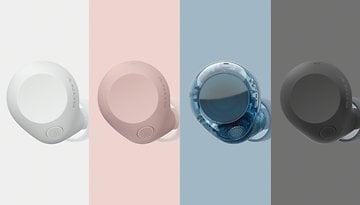Do You Get Used to Bad Headphone Sound Over Time?
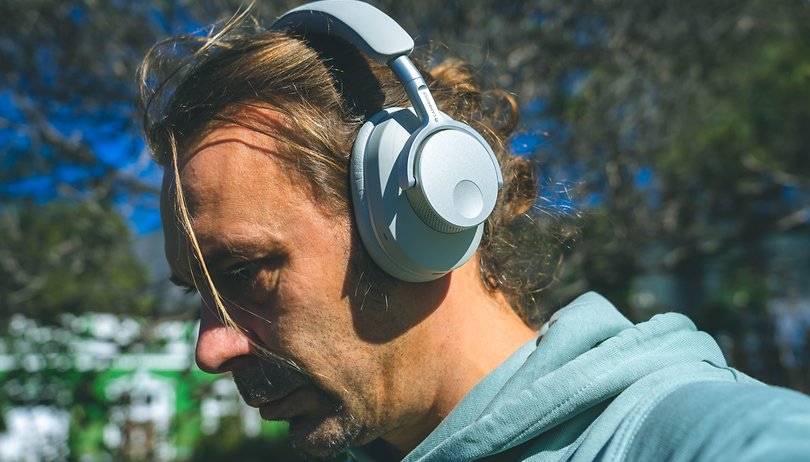

I’ve had hundreds of pairs of headphones on and in my ears throughout my life. Whether in-ears, over-ears, open-ears, on-ears, or outer-ears—as my colleague likes to say—I’m always testing the latest models. I have Bluetooth headphones at home, but some still have a cable and a jack. What I find absolutely amazing is that every now and then, I put on a pair and think to myself—this is it.
Above all, sound is crucial when listening to music with new headphones for the first time. However, sound is often a matter of personal taste, and I don’t want to spend this article indulging in what defines true audiophile sound. One person prefers a neutral profile, another enjoys warmth, and someone else craves as much bass as possible.
Instead, we want to get to the bottom of another question—a myth.
Headphones with Poor Sound: Does Your Hearing Adjust?
People who buy new headphones typically ask themselves: Is the sound really good now? And what if I was expecting better sound? There is a myth that the ear gets used to the sound of headphones and that they all sound good after a while. But is this true? Can the ear compensate for imperfect sound over time and make music sound good?
- Comparison: These are the best in-ear headphones
In science, this is called neuroplasticity. Put simply: the habituation effect. Neuronal plasticity is the brain's ability to adapt structurally and functionally through learning and experience. This means that, yes, your hearing can get used to the poor sound of headphones. If you use inferior headphones for a long time, your brain gets used to the inaccurate sound. It partially corrects the poor sound, so to speak, so that you perceive it as normal.
If you use a pair of headphones over a longer period of time without comparing them with others, you will rate the sound as good. As with other habits, you get used to the sound of your headphones. What was initially perceived as bad is perceived as normal over time. Until, yes, you put on another pair that sounds much better. And as soon as you regularly hear better sound, your brain adapts again.
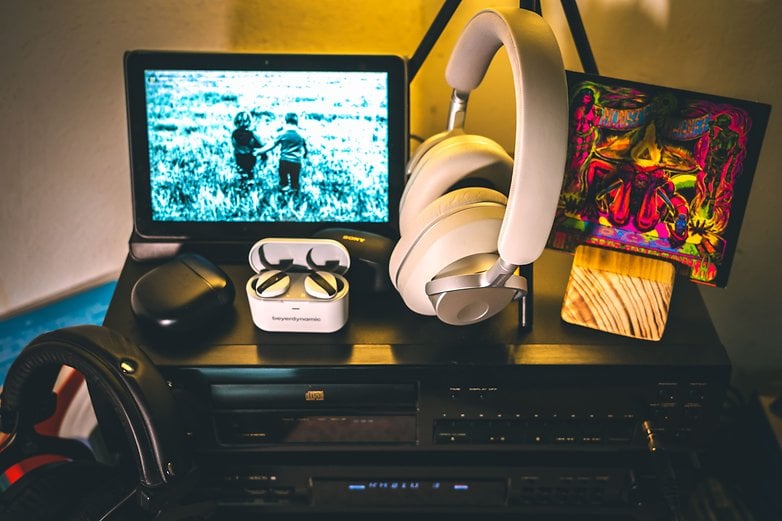
Boost Your Sound Quality—No Equalizer Needed
If you want to improve the sound of your headphones, you usually go for the equalizer. This allows you to improve the sound in places by turning or moving the controls responsible for the respective frequencies. But what exactly you are doing here is, more often than not, not clear to most people. Most people push up the controls responsible for the bass. This makes the headphones produce more bass. But good sound is not just about more bass.
- Also read: These are the best over-ear headphones
Some headphone manufacturers work together with the Mimi company. Beyerdynamic, Teufel and Skullcandy are just some of them. This software personalizes the sound, adapting it to your own hearing and sound preferences. This works surprisingly well, and I was amazed when I tested the Beyerdynamic Free Byrd and the Teufel Real Blue Pro.
For some time now, there has also been an app (for Android and iPhone) that works in a very similar way. "SoundID" from SonarWorks aims to find the sound that suits you best—and that your headphones can also deliver. In a special on optimizing sound, we explain exactly how this works.






